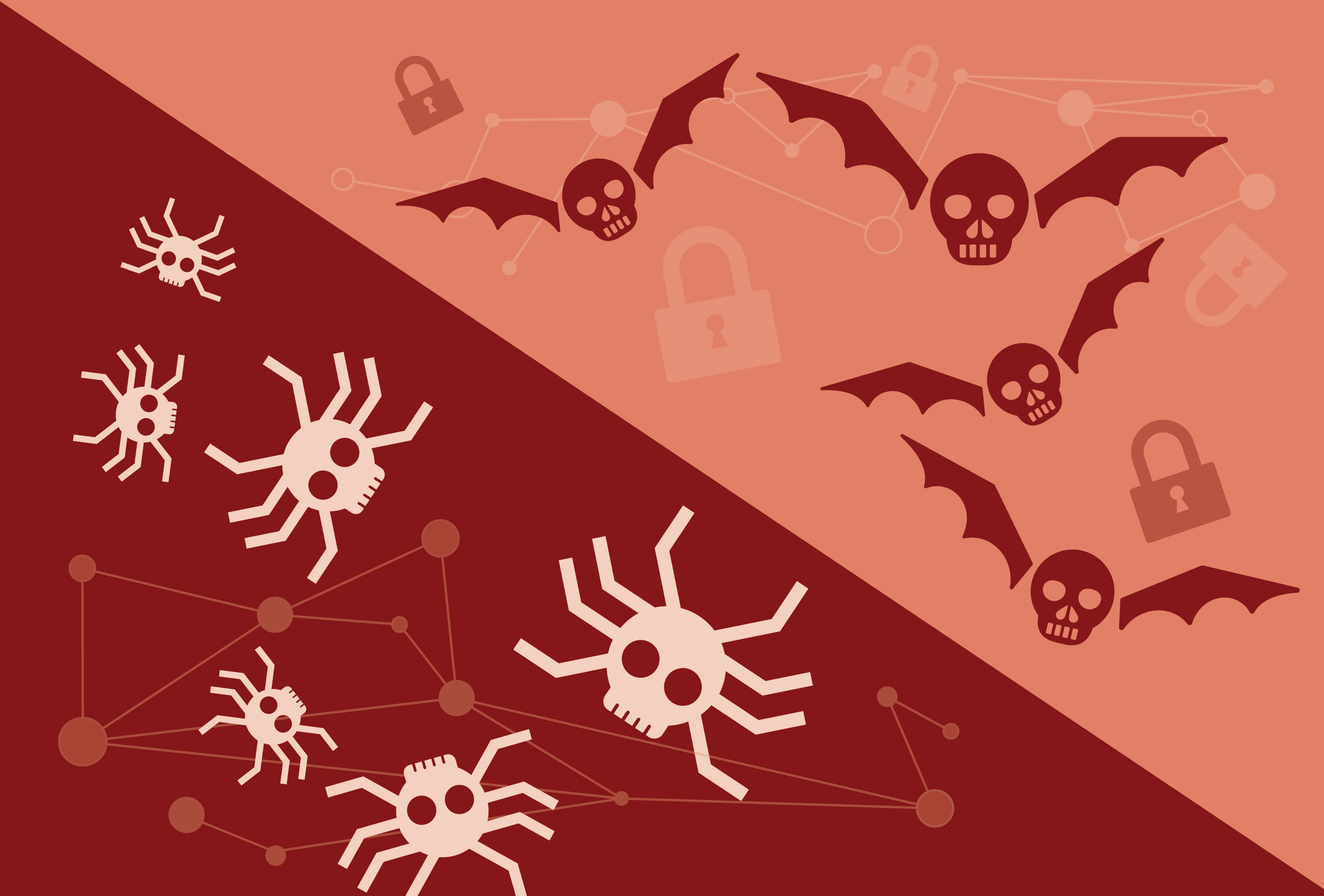Computer viruses and ransomware are both forms of malware (malicious software) that disrupt computer operations, gather sensitive information, gain access to private computer systems, and/or display unwanted advertising.
But do you know the main difference between these two common forms of malware?
A Computer Virus
A computer virus is a type of malware that replicates by reproducing itself or infecting other computer programs and applications by modifying them.
Common symptoms of computer viruses include:
- An overall drastic slowdown in computer performance
- Applications failing to respond properly, or even open
- Missing or modified files that you can’t explain
- Excessive pop-ups appearing and other disruptive behavior occurring when connected to the internet
Ransomware
Ransomware is a type of malware that installs covertly on a victim’s computer and executes an attack. The attack decrypts and/or seizes control of your computer’s files or operating system and demands a ransom payment to decrypt files or not to publish them.
The most typical ransomware appears in the form of an internet or desktop pop-up window with a message explaining the attack to the victim and what they must do to un-seize their computer and decrypt files. Sometimes ransomware is extremely tricky and becomes an imposter of an official software (such as your own anti-virus) or a security organization (like the FBI).
Both types of malware pose very similar threat levels to your computer with very different symptoms and outcomes.
With IntelliSecure, your business will be safe from both attacks with scalable, turnkey IntelliSecure managed security and unified threat management (UTM) services.
If you think you’ve been infected with a form of malware or wish to protect against threats in the future, contact IntelliSyn today for immediate assistance and more information.











